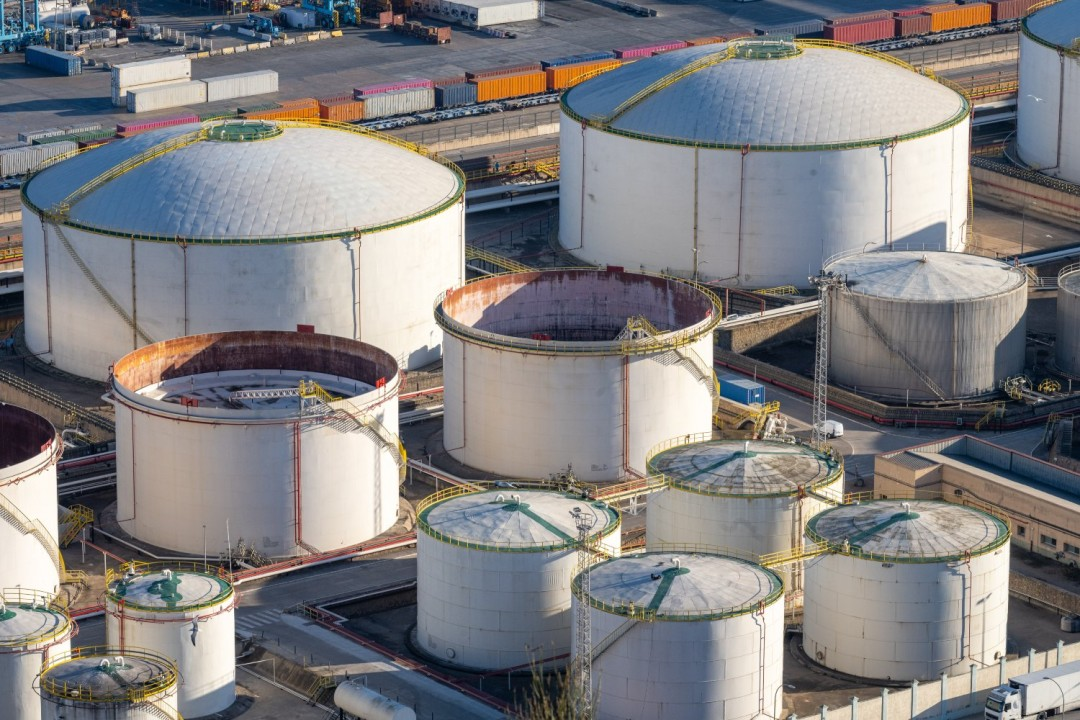The oil market is one of the most important and complex markets in the world, with prices that can have a significant impact on the global economy. Understanding the factors that influence oil prices is crucial for producers, consumers, and investors. One of the key concepts in the oil market is the price puzzle, which refers to the phenomenon where changes in oil prices are not always consistent with changes in supply and demand. Market analysis is the key for investors to reach excellence. Register at this source and connect with partnered education firms.
Historical Trends in Oil Prices
Historically, oil prices have been subject to significant fluctuations, driven by a variety of factors. One of the most notable trends in oil prices is the long-term increase that has occurred since the mid-20th century. This trend can be attributed to a combination of growing global demand for oil, particularly from emerging economies, and constraints on the supply of oil, such as geopolitical tensions and production limits set by oil-producing countries.
Price Volatility in the Oil Market
Price volatility is a common feature of the oil market, with prices often experiencing sharp fluctuations over short periods. This volatility can be attributed to a variety of factors, including changes in supply and demand, geopolitical events, and market speculation. The impact of price volatility can be significant, affecting not only producers and consumers but also financial markets and the broader economy.
Supply and Demand Dynamics
The supply and demand dynamics of the oil market are complex and can be influenced by a variety of factors. On the supply side, factors such as production levels, technological advancements, and geopolitical events can all impact the amount of oil available in the market. On the demand side, factors such as economic growth, industrial activity, and government policies can influence the amount of oil consumed.
Role of Speculation
Speculation plays a significant role in the oil market, with traders and investors often buying and selling oil futures contracts in an attempt to profit from changes in oil prices. While speculation can help to provide liquidity and price discovery in the market, it can also contribute to price volatility, as speculative trades can amplify price movements.
Geopolitical Factors
Geopolitical factors can have a major impact on the oil market, as disruptions to oil production or transportation in key producing regions can lead to supply shortages and price spikes. Geopolitical tensions in regions such as the Middle East or Russia can therefore have a significant impact on oil prices, as traders and investors react to the potential for supply disruptions.
Market Structure and Price Formation
The structure of the oil market, including the presence of benchmarks such as Brent and WTI, plays a significant role in price formation. These benchmarks serve as reference prices for oil around the world, with prices for other types of oil often linked to these benchmarks. The structure of the market, including the presence of major oil producers and consumers, can also influence price formation, as these players can have a significant impact on supply and demand dynamics.
Conclusion
In conclusion, the oil market is a complex and dynamic market, with prices that are influenced by a wide range of factors. The price puzzle in the oil market highlights the fact that changes in oil prices are not always consistent with changes in supply and demand, and can be influenced by a variety of other factors, including speculation, geopolitical events, and market structure. Understanding these factors is crucial for anyone looking to navigate the oil market successfully.
